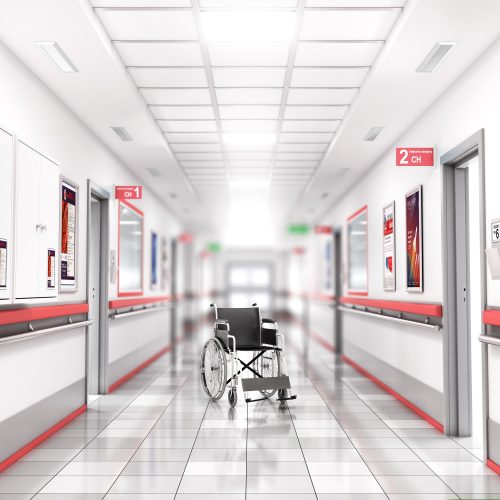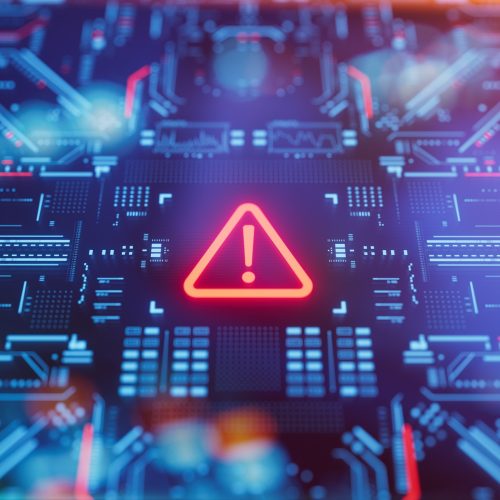Healthcare Law Alert: Governor Murphy Issues Executive Order Permitting The State To Commandeer Private Property And Personal Services To Address COVID-19 Emergency
On April 2, 2020, New Jersey Governor Phil Murphy issued Executive Order No. 113. The Governor explained that the Order was necessary to procure medical resources needed to further address the COVID-19 crisis. The Order was authorized by the New Jersey Disaster Control Act, which allows the Governor to “commandeer and utilize any personal services and any privately owned property necessary to avoid or protect against any emergency” subject to the future repayment of such takings. The Order was a follow up to Executive Order No. 109 issued on March 23, 2020, which required that all businesses, non-hospital health care facilities and institutions of higher learning in possession of personal protective equipment (PPE), ventilators, respirators, or anesthesia machines not required for the provision of critical health care services shall undertake an inventory of these supplies and send that information to the State Department of Health by 5:00 p.m. last Friday, March 27, 2020.
The latest Executive Order No. 113 provides the following:
- The State Director of Emergency Management, in consultation with the Commissioner of the State Department of Health, may “take or use personal services and/or real or personal property, including medical resources, for the purpose of protecting or promoting the public health, safety, or welfare.” As noted, such resources include, without limitation, PPE, ventilators, respirators, and anesthesia machines as to which all businesses, non-hospital health care facilities and institutions of higher learning were required to submit an inventory to the State by March 27, 2020. The Order indicates that this provision applies to any citizen or resident of the State, any unincorporated entity (including partnerships) doing business or domiciled in the State, any corporation incorporated or doing business in the State, or the real property of a nonresident located in the State.
- Compensation for the commandeered equipment, supplies, and other resources “shall be provided following the procedures established by the Disaster Control Act.” The Act, through an Appendix, states that compensation “for any personal services required of any natural person” under the Act “shall be paid at the prevailing established rate for services of a like or similar nature.” The Act and the Executive Order do not further elaborate on the specific rate or amount of payment to be made for any particular services, equipment, or supplies that may be commandeered.
The Act, through the Appendix, establishes Emergency Compensation Boards for each county, which “shall award reasonable compensation” for any property taken or used and for any injury caused by such taking and use. Any person may file a petition for an award of compensation with the Board in the county where the property was located when it was taken or used, naming the State as the defendant, and must serve the petition on the Attorney General. The Board shall grant a hearing on the petition and render a decision fixing the amount of award, which shall be paid within one year of the decision from State funds. Any party unsatisfied with the Board’s decision may bring an action for compensation against the State in the Superior Court, according to the practice and procedure covering condemnation proceedings in that court. Either the State or the petitioner shall have the right to a jury trial.
- Every person in or doing business in the State, and members of governmental bodies at all levels in the State, have the duty to cooperate fully in all matters concerning the Order.
- No political subdivision or agency of the State shall enact or enforce any order, rule or other decree which will or might conflict or interfere with the Order.
- The Order is effective immediately and remains effective until revoked or modified by the Governor.
If you have questions or require additional information about Executive Order No. 113, please contact:
John D. Fanburg, Chair and Managing Member, Healthcare Law, at 973-403-3107 or jfanburg@bracheichler.com.











